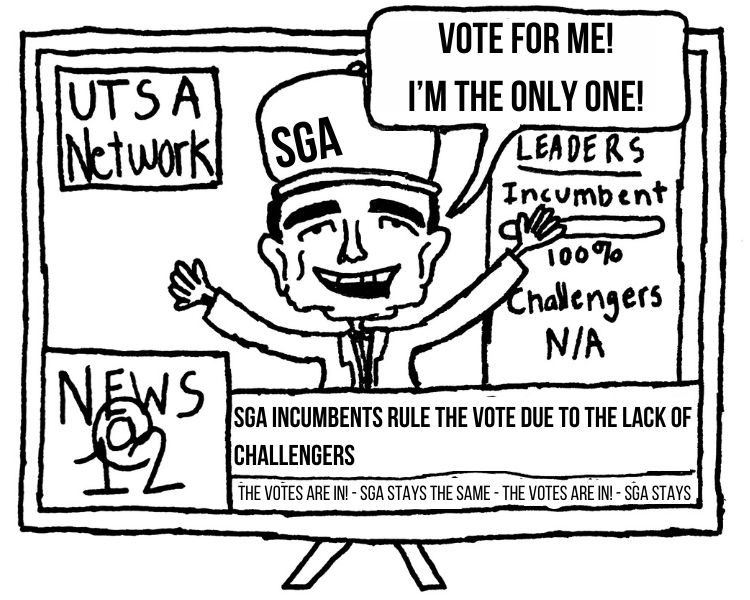Ebola has taken over the media since healthcare workers from developed countries started becoming infected in September 2014. However, The World Health Organization (WHO) has stated that this disease has been known to affect the people of West Africa since 1976. The Center for Disease control says that you cannot be infected with Ebola through the air, water, or through food. The only way to get Ebola is from touching the bodily fluids of an infected person.
Many would agree that the reason for the interest in this disease is because Ebola has affected people of the United States. However, there have only been 10 cases in the United States, two resulting in death according to the New York Times. The U.S. can stop this disease from turning into a pandemic if we become more aware of what is happening globally.
The time has come for U.S. citizens to take international matters seriously. The New York Times stated that seventy percent of Ebola cases in West Africa are fatal, but eight of the nine people treated in the United States have recovered. More than 14,000 people in Guinea, Liberia, Mali, Nigeria, Senegal and Sierra Leone have contracted Ebola since March, according to the WHO, making this the biggest outbreak on record. More than 5,000 people have died. Why does this discrepancy exist? If we know how to treat the disease, why are we not helping infected individuals worldwide?
Dr. Craig Spencer from New York has recently been released and has survived the Ebola virus. The reason for his survival was the amount of healthcare workers who managed his body fluids, replenished his blood loss and allowed his immune system to kill off the virus. Healthcare systems in the U.S. put all that effort into saving one life. How do we account for the thousands who are dying in Guinea, Sierra Leone and Liberia? In Dallas, Texas, Thomas Eric Duncan, a Liberian who traveled to Dallas, began developing symptoms for Ebola on Sept. 19 and tested positive for Ebola six days later. Two nurses, Nina Pham and Amber Joy Vinson, were caring for Mr. Duncan during what federal health officials have called the highest risk period, when he was vomiting and experiencing diarrhea. Both nurses tested positive for Ebola and survived after Mr. Duncan passed away.
At least 19 cases have been treated in Europe and the United States. Many were health and aid workers who contracted Ebola in West Africa and were transported back to their home countries for treatment.
Americans can stop this deadly virus from spreading by becoming aware of where the disease originates from, quarantine those who have symptoms of Ebola in West Africa and following New York and New Jersey’s mandatory quarantines for medical workers returning from West Africa. The longer the United States takes to get this disease under control in both the U.S. and West Africa, the higher likelihood more people will become infected with this disease, even in the U.S.
What we can do as the people of America is to contact our local representatives and to make sure that the United States is intervening by sending healthcare workers and resources to stop this epidemic from becoming a pandemic.











